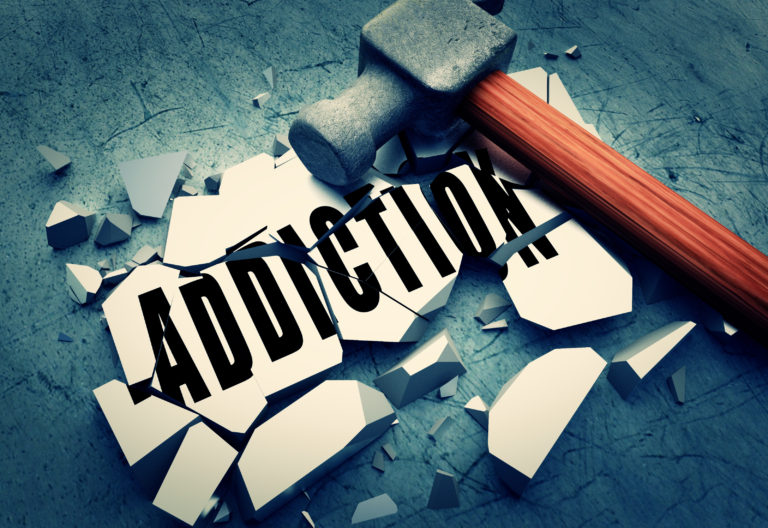Kentucky remains in the midst of a gripping heroin epidemic. Heroin addiction devastates families in crippling ways. The crisis is so serious that legislators recently implemented Senate Bill 192 referred to as “The Heroin Bill” per the Kentucky Office of Drug Control Policy which imposes harsher legal consequences on those importing heroin with the intent to sell/distribute. In addition, regarding human lives being lost, the National Center for Health Statistic reports that in 2020 Kentucky was among the top 3 states for spikes in overdose deaths. In 2020 Kentucky reported 1956 overdose deaths. While there are physiological effects of heroin use there are also mental health effects that underlie or stem from this addiction.
What is heroin addiction?
Heroin dependence is classified as a mental health disorder according to the Diagnostic and Statistical Manual of Mental Health Disorders, 5th edition. The exact category is opioid use disorder or opioid dependence disorder. The following symptoms will often be present in those abusing the drug:
· Inability to stop use of heroin without withdrawal
· Tolerance and/or increased tolerance
· Cravings to use heroin
· Excessive time committed to search for and obtain the drug
· Using more of the drug over time with continued use.
Short term effects on mental health from heroin use
Heroin enters the brain rapidly and binds to opioid receptors on cells located in many areas, especially those cells involved regarding pleasure and pain and in controlling vital bodily functions such as heart rate, sleeping and breathing. It is highly addictive and unpredictable. When taken a reward pathway is opened that activates brain chemicals which induce feelings of wellbeing, reduced pain, and reinforce the craving for use of heroin. In many people who use heroin over extended periods of time they experience a condition called anhedonia that is which is the inability to feel pleasure and is a common symptom of depression and other mental health diagnoses. People often continue to use heroin do not experience the initial euphoria but are seeking to feel “normal” again because without the drug they experience lack of emotions/feelings, lack of pleasure, and feel physically sick.
Long term effects on mental health from heroin use
Repeated use and prolonged exposure to heroin in the brain can change the structure and physiology of the brain. This results in chemicals within the brain to become unbalanced. The changes regarding the structure of the brain refer to the white matter changes that occur.
Why is this dangerous and crucial to know for heroin users? White matter is what various parts of the brain use to communicate within the brain and body to make good decisions and control impulses. It is important to have strong white matter connections to the frontal lobe of the brain. Chronic heroin use starts to deteriorate the white matter that negatively impacts thinking, cognitive processing, and mood.
Dual Diagnosis
Often it is difficult for clinicians to untangle mental health conditions and substance use disorders to see which is the causal element. The high comorbidity rate suggests that these are correlated but not enough to determine how much genetics versus individual history play roles in all.
Often practitioners identify preexisting mental health concerns before the drug use began (including but not limited to attachment disorders, abuse/neglect/trauma histories, depression, ADHD, or anxiety). Thus, many professionals want to allude to the correlations, yet research shows that the addiction itself may lend to the development of mental health concerns. The National Institutes of Health did a study regarding heroin addicted participants exhibiting depressive/anxiety symptoms and found that half of participants did not exhibit a true dual diagnosis yet two separate conditions.
Short term effects on mental health from heroin use
Heroin enters the brain rapidly and binds to opioid receptors on cells located in many areas, especially those cells involved regarding pleasure and pain and in controlling vital bodily functions such as heart rate, sleeping and breathing. It is highly addictive and unpredictable. When taken a reward pathway is opened that activates brain chemicals which induce feelings of wellbeing, reduced pain, and reinforce the craving for use of heroin. In many people who use heroin over extended periods of time they experience a condition called anhedonia that is which is the inability to feel pleasure and is a common symptom of depression and other mental health diagnoses. People often continue to use heroin do not experience the initial euphoria but are seeking to feel “normal” again because without the drug they experience lack of emotions/feelings, lack of pleasure, and feel physically sick.
Treatment for Heroin Addiction
The best weapon in the fight of heroin addiction or those struggling with use is to seek treatment right away. Do not delay in caring for your personal wellbeing or in the wellbeing of a loved one. You have the power to instill change in your life and we can help you defeat this powerful enemy of addiction. Please contact Isaiah House Treatment Center at 859-375-9200 for help.




